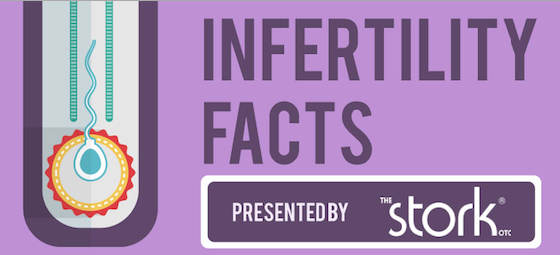Before the “Octo-mom,” in-vitro fertilization (IVF) was not so controversial a practice. People raised ethical questions here and there, but for many couples who have had trouble conceiving it was a welcomed option. And it still should be. The vilification of this process via media outlets who have criticized the IVF Hollywood baby boom doesn’t take into account the tens of thousands of responsible couples who undergo the procedure each year.
IVF is a fairly simple process that requires the harvesting of eggs or use of donor eggs, which are then fertilized with sperm. Once the cells begin to divide, the embryos are transferred to the woman’s uterus. Successful pregnancies result when the embryos attach to the lining of the uterus and become implanted.
Here are a few common myths and the truth behind them:
Myth: Most IVF patients have multiple births.
False. In reality, only about one in four attempts result in a birth. However, an L.A. Times article states that in 2002, more than 35 percent of IVF procedures resulted in multiple births. So while there is some truth to the statement, it is more fact than fiction.
Recently, doctors have attempted to curb this by adopting an unofficial set of guidelines regarding the number of embryos that should be implanted. For instance, a woman under 35 usually has between one and three transferred and three to four for those over 35. In the case of Nadya Suleman, 33, six embryos were transferred, all implanted in her uterus and two split resulting in twins. This is because the fertility drugs that a woman takes to prepare her body for egg harvesting and subsequent transfer of fertilized eggs can cause embryos to divide. However, limiting the number of embryos transferred greatly reduces this risk.
Myth: IVF is a risky procedure.
False. Most negative side effects happen during the process of ovarian stimulation, but they only occur in one percent of patients. Complications rarely arise during egg retrieval, but according to the American Pregnancy Association less than one out of every 1,000 women requires surgery to repair damage done during this procedure.
Other risks include the psychological effects of an unsuccessful in-vitro fertilization, which can be difficult for many women. And, as stated before, another more common risk is the occurrence of multiple pregnancies. Talking to a doctor is always best for women who have questions or concerns about the risks that can arise from IVF.
Myth: Just because I haven’t conceived after a year doesn’t mean I won’t.
True. There is no time limit a person can set on her body to conceive. However, it’s normal to be concerned after unsuccessful attempts at getting pregnant for about a year and seeing a doctor to determine if there is a medical explanation is advised. Infertility can be a result of many reproductive issues in both men and women, so it is necessary for both partners to undergo fertility testing.
Nearly 25 percent of couples experience some kind of infertility that lasts about a year, and only 10 percent need medical help conceiving. Difficulty conceiving is nothing to feel ashamed or isolated about, but it is recommended that people who are having trouble see a doctor after a year to rule out any medical complications.
As always, talk to you doctor openly about any concerns you may have regarding conception and fertility treatments. IVF is just one option for couples struggling to have a child, and only you can decide if it is right for you.
If you’re curious about in-vitro fertilization, here are some resources that offer more information:
The American Society of Reproductive Medicine and The American Pregnancy Association.





Add a CommentComments
There are no comments yet. Be the first one and get the conversation started!